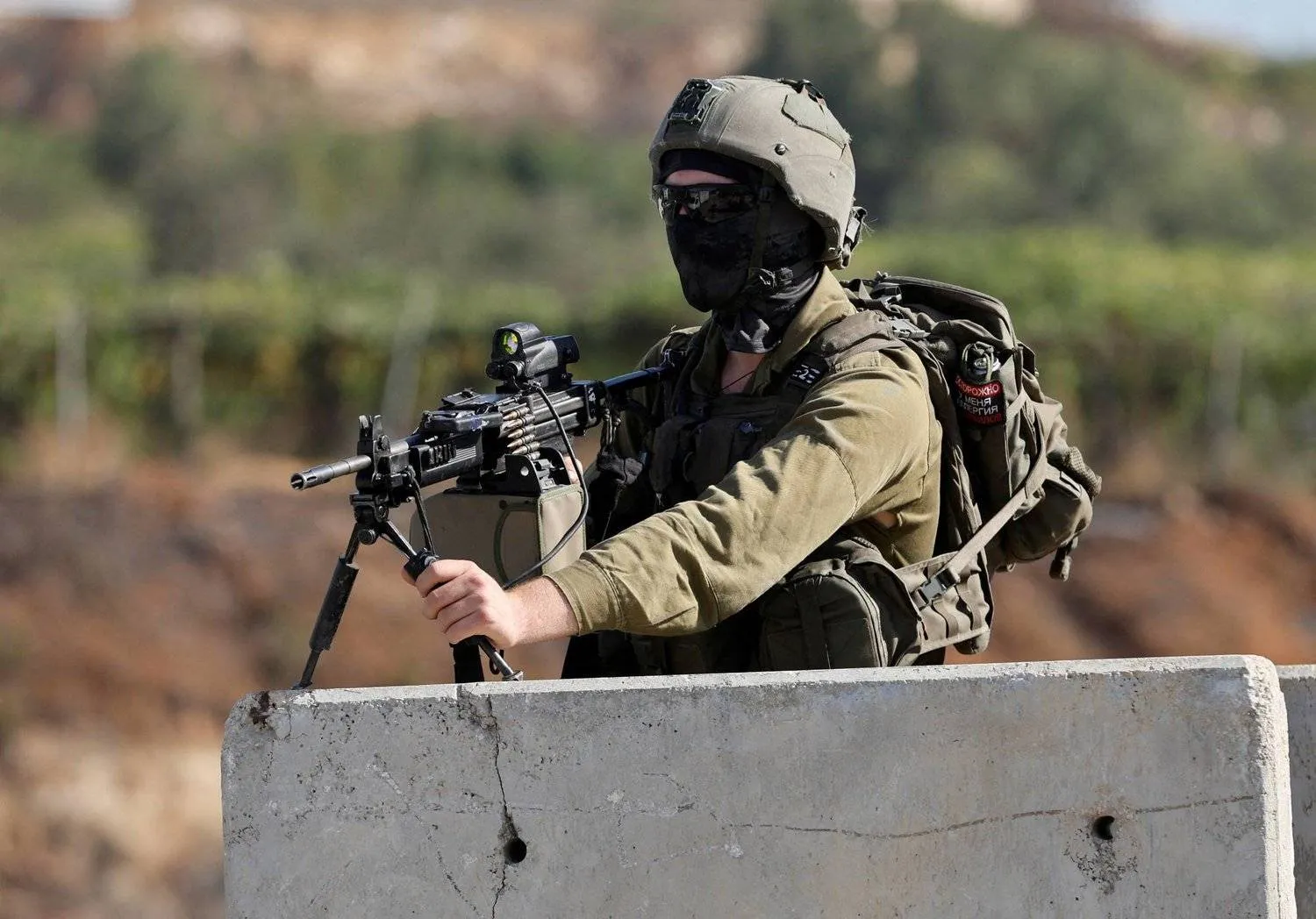The Israeli military announced Thursday it will impose a three-day total closure on Palestinians in the West Bank and Gaza Strip during the upcoming Jewish New Year holiday, starting on Friday.
The closure, which follows "an instruction by the political echelon," will begin right after midnight Friday and will be lifted before midnight Sunday, according to a statement released by the military.
The observation of the new year highlights the beginning of a period of Jewish holidays this month and in October.
The occupation forces impose a full closure on the West Bank and the Gaza Strip on September 24 marking the Yom Kippur (Day of Atonement). Also, it closes all the crossings leading to the West Bank and the Gaza Strip on the Sukkot from September 29 until October 7.
This measure would prevent access to Israel and movements from and to the Gaza Strip. This closure would also include border crossings with Jordan and a change in their operating hours.
In this context, the General Administration of Crossings and Borders announced amending Al-Karama border crossing operating hours on Sunday.
The crossing border will operate both ways from 8:00 a.m. until 4:00 p.m. due to the Jewish holidays. On Saturday, the 23rd of September, it would be open from 8:00 a.m. until 12:30 noon, while it will be fully closed on Sunday the 24th of the same month until Tuesday.
The closure of the Al-Karama border crossing means that the Palestinians will be banned from traveling from and to Jordan.
Israel often imposes a closure on the West Bank on holidays and bans the Palestinians’ entry except for those who have permits. It also tightens restrictions on the exceptions.
Thousands of Palestinians work in the West Bank including doctors and businessmen. This closure includes all the crossings of Gaza and the halt of imports and exports to the Strip.
Israel says that it aims to avoid any Palestinian operations while the Israelis are celebrating their holidays.
The Palestinian Ministry of Foreign Affairs and Expatriates denounced the closures, considering them harmful to the Palestinian economy.
It described the closures in a statement as “a blatant use of religious events for colonial purposes in an effort to mislead world public opinion by blaming the victim while acquitting the executioner, not to mention the economic and social harm they cause to our people.”









